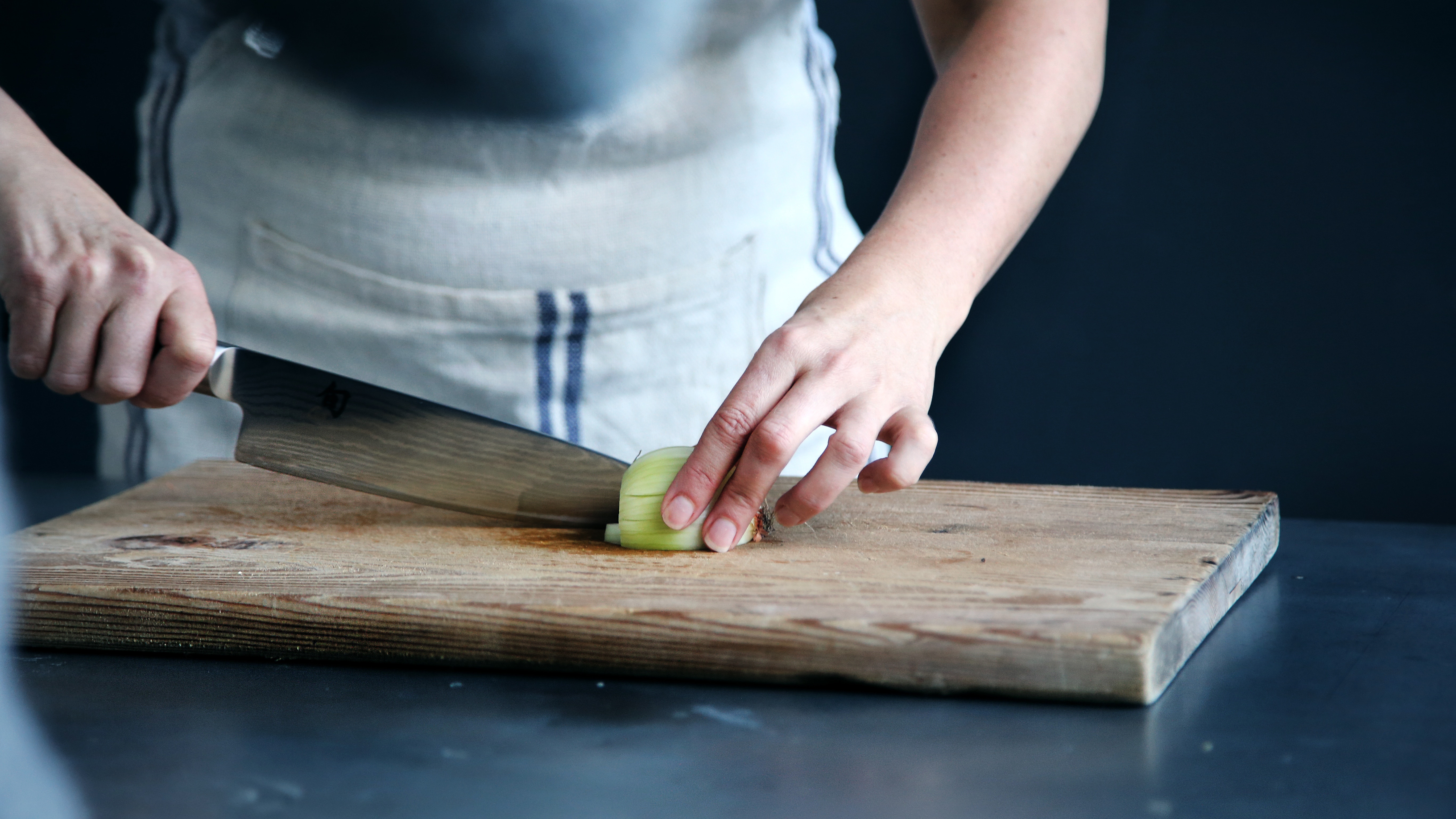Whether any restaurant fails or succeeds depends in large part on the chef and the quality of food presented to the public. In years past, whenever someone was discussing a new up-and-coming eatery that provided a wonderful ambiance coupled with delicious plates, people automatically assumed the chef was male. This ideal has been reinforced with movies feeding us images of male chefs slinging pots across a hot stove and hollering directions across a bustling kitchen.
This notion, however, is quickly changing as more female chefs are making their mark on the cooking scene. In fact, according to the National Restaurant Association, there has been an increase of more than 50 percent for the number of female-owned establishments. The Culinary Institute of America has also noted that in 2016 they enrolled more women than men in their programs.
Having women in the kitchen is having impacts on the comradery and culture found behind the scenes. Here are some incredible ways female chefs have moved us into new territory in commercial kitchens.
Respect is a Given
Industrial kitchens, in general, are highly competitive environments, where the only way to work your way up is to earn it. Even now, with more female chefs taking charge of kitchens across the globe, this basic principle still stands.
Cooking may feed the soul, but for many, working in those kitchens was very draining. Verbal abuse and high stress were markers of kitchen culture with berating or yelling expected as hallmarks of an average day. In many kitchens, basic respect is not considered a necessity and will only be given once the head chef feels it has been earned.
Luckily, as more women move into positions of power, these standards are changing. Mistakes are being handled with patience rather than screaming and debasement. Chef Suzanna Cupps perfectly summarizes this ideal: “I’m not going to get what I want by screaming. I get better food by challenging cooks in different ways.”
In female-run establishments, sous-chefs and cooks treats other members of the kitchen with politeness and respect. This positive work environment is allowing creativity to flourish, which maintains a much higher rate of job satisfaction.
Proper Manners
Changes in the kitchen culture are reflecting changes in what is socially acceptable in the wider world. Ladies everywhere are taking a stand against mistreatment and harassment in all aspects of their lives, and they are also taking this ideal into the kitchen. Many individuals in the food industry are young and learn how to behave appropriately in the kitchen from their peers.
In male-dominated kitchens, there can be a frat mentality that accents interactions between staff at different levels in the hierarchy. Many individuals note that, in kitchens where women are at the helm, a significant portion of their training involves conversations about manners. There are interactive discussions to teach new hires how to act like an adult in the kitchen.
These conversations cover fundamental human rights, how to respectfully joke in the kitchen, and how to interact with both superiors and subordinates. These skills allow younger people to learn how to act in all situations, not just at work. This method provides a life-skill that garners them respect and positivity in all aspects of their lives. These women are helping to bring the golden rule back to the forefront by reminding us all to “do unto others.”
Cutting Loose
This new ideal of consistently offering a positive work environment has already had a fantastic impact. Since there are fewer negative repercussions and a wide-range of support is standard in female-run kitchens, creative juices are flowing.
By breaking loose of conventional operating standards, women are telling their staff the old way does not have to be the “right” way. Now there is an increasing number of innovative cooking techniques and a broad range of exciting flavor combinations that are popping up in female-led kitchens worldwide.
This ideal is further supported by chef Gabriela Cámara who says, “We’re less scared of innovating because there are low expectations in terms of what women can do. And women can do a lot.”
Caring
Caring about the feelings of others is a quality most women have in spades. Ladies like knowing their staff is doing alright. In traditional kitchens, the staff is given instructions to “leave their personal business at the door” as soon as they arrive on-site. This new shift in staff culture is tossing out that outdated expectation in favor of a new approach: empathy.
Female chefs are allowing their staff to share private concerns in their work environment. This gives co-workers the opportunity to become more close-knit. It has been scientifically proven that staff who feel supported will work harder and happier in the long run.
Female chefs are also more attuned to issues that primarily pertain to women and are actively working toward ameliorating them in their kitchens. A prime example of this is maternity leave.
The restaurant industry does not currently have any regulations requiring paid maternity leave. Many women in the industry are working toward enacting policies in their kitchens to allow for paid leave. Former chef Alice Waters believes, “The restaurant business has to change to accommodate real life.”
Final Thoughts
Female chefs are making positive marks in kitchens in a global way. They are moving up into traditionally male-dominated positions, showing the world all they have to offer. The presence of women in positions of power is trickling down into all aspects of commercial kitchen culture. The addition of patience and empathy are creating positive work environments that produce happier workers and innovative, delightful dishes.
With more women becoming restaurateurs and running operations behind the scenes, we can look forward to seeing positive changes abound in restaurant culture. Allowing for more individualism and understanding is going to go a long way toward more enjoyable work environments and happier customers.
Four Ways Female Chefs are Shifting Kitchen Culture posted first on happyhourspecialsyum.blogspot.com

No comments:
Post a Comment